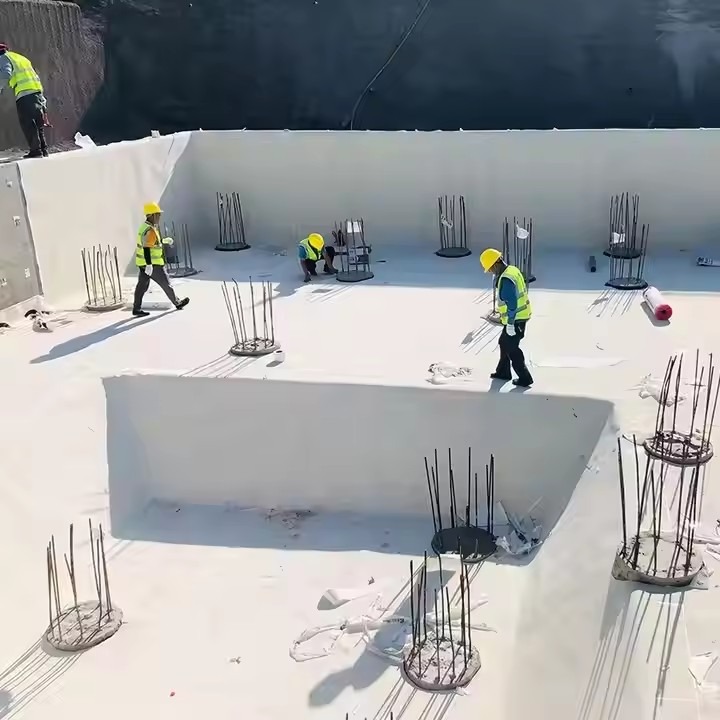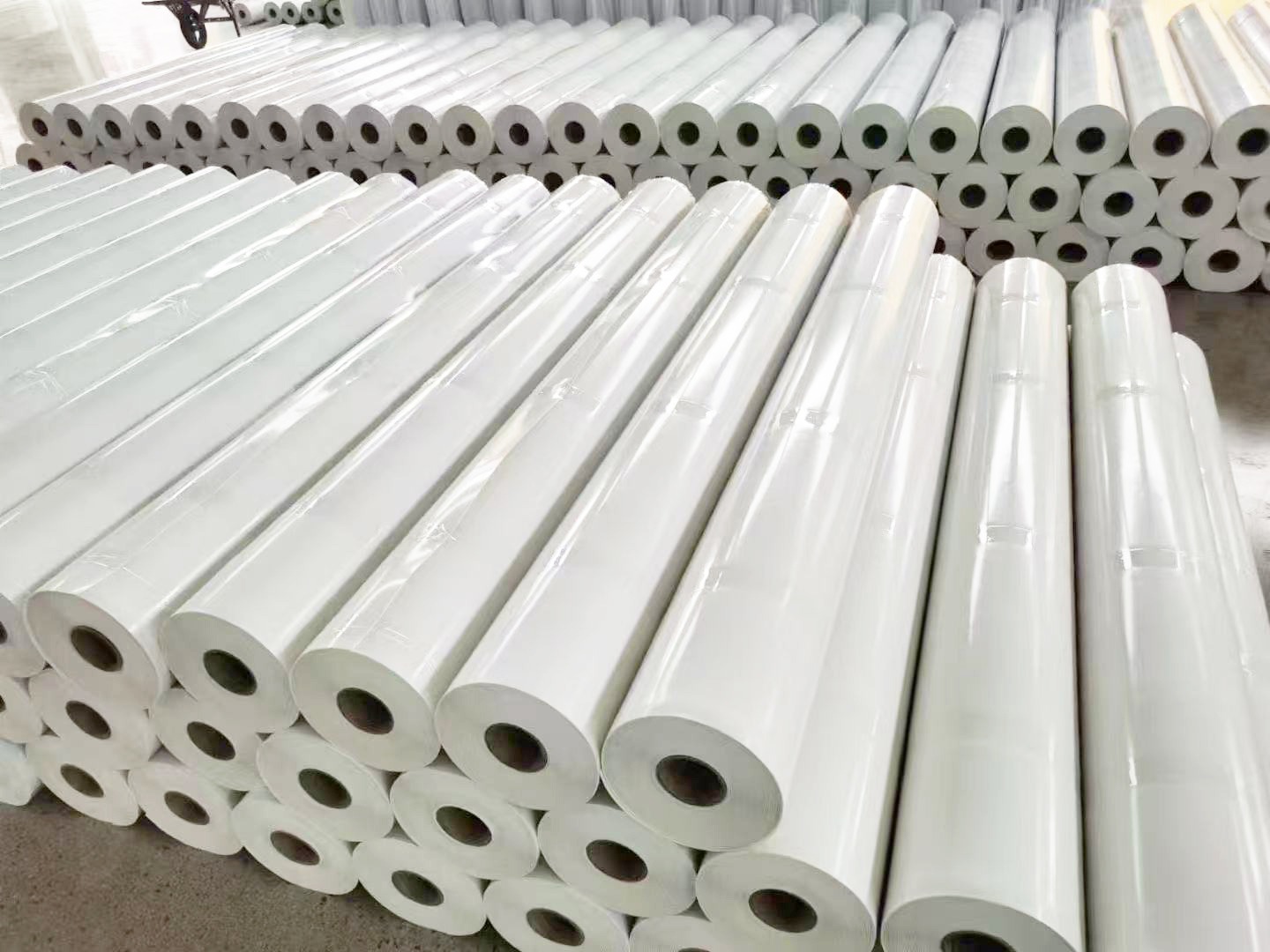HDPE vs. PVC Membranes: Choosing the Right Waterproofing Solution for Your Project
When it comes to waterproofing solutions, choosing between high-density polyethylene (Hdpe Vs Pvc Membrane) and polyvinyl chloride (PVC) waterproofing membranes can be a daunting task. Each material has its own advantages and applications, making them popular choices across a wide range of industries. In this blog, we'll explore the differences between HDPE and PVC waterproofing membranes to help you make an informed decision for your next project.


Understanding HDPE and PVC Films
High-density polyethylene (HDPE) membranes are renowned for their exceptional durability and resistance to punctures, weathering, and temperature fluctuations. HDPE membranes are composed of polymer sheets, typically containing a barrier film or pressure-sensitive polymer adhesive layer, and a uniquely formulated particle layer. This combination creates a waterproof membrane that not only protects structures from water penetration but also maintains high performance in demanding environments.
PVC membranes, on the other hand, are widely recognized for their flexibility and ease of installation. They are commonly used in roofing applications and are favored for their ability to conform to a variety of shapes and surfaces. PVC membranes are also chemically resistant, making them ideal for industrial applications involving contact with harsh substances.
The main differences between HDPE and PVC films
1. Durability: HDPE film is generally more durable than PVC film. Its high puncture resistance and ability to withstand extreme weather conditions make it an ideal choice for projects requiring long-term protection.
2. High-Temperature Resistance: HDPE film performs well in both high and low temperature environments, maintaining its integrity and performance. PVC film, while flexible, becomes brittle in extreme cold, potentially leading to cracking.
3. Installation: PVC membranes are generally easier to install due to their flexibility and lightweight properties. They can be heat-welded or mechanically fastened, making them a popular choice for roofing applications. HDPE membranes, while slightly more challenging to install, offer superior performance once in place.
4. Environmental Impact: HDPE is considered more environmentally friendly than PVC because it is recyclable and has a lower environmental impact during production. While PVC is durable, its environmental impact has raised concerns due to the chemicals involved in its manufacturing process.
Why choose BFS for your waterproofing needs?
With 15 years of industry experience, BFS is a leading asphalt shingle manufacturer in China, specializing in providing high-quality waterproofing solutions. Our HDPE waterproofing membranes are designed to meet the highest standards of performance and durability. We operate three modern, automated production lines, ensuring precise and efficient production.
BFS holds multiple certifications, including CE, ISO 9001, ISO 14001, and ISO 45001, demonstrating our commitment to quality and environmental management. Our product test reports are approved, giving you peace of mind that you are choosing a reliable and effective waterproofing solution.
in conclusion
When choosing between HDPE and PVC membranes, consider the specific requirements of your project. If you need a durable, high-performance solution that can withstand extreme conditions, HDPE may be a better choice. However, if flexibility and ease of installation are your top priorities, PVC may be your best option.
At BFS, we’re committed to providing you with the best waterproofing solutions tailored to your needs. Contact us today to learn more about our HDPE waterproofing membranes and how we can protect your project from water damage.
Post time: Sep-09-2025







